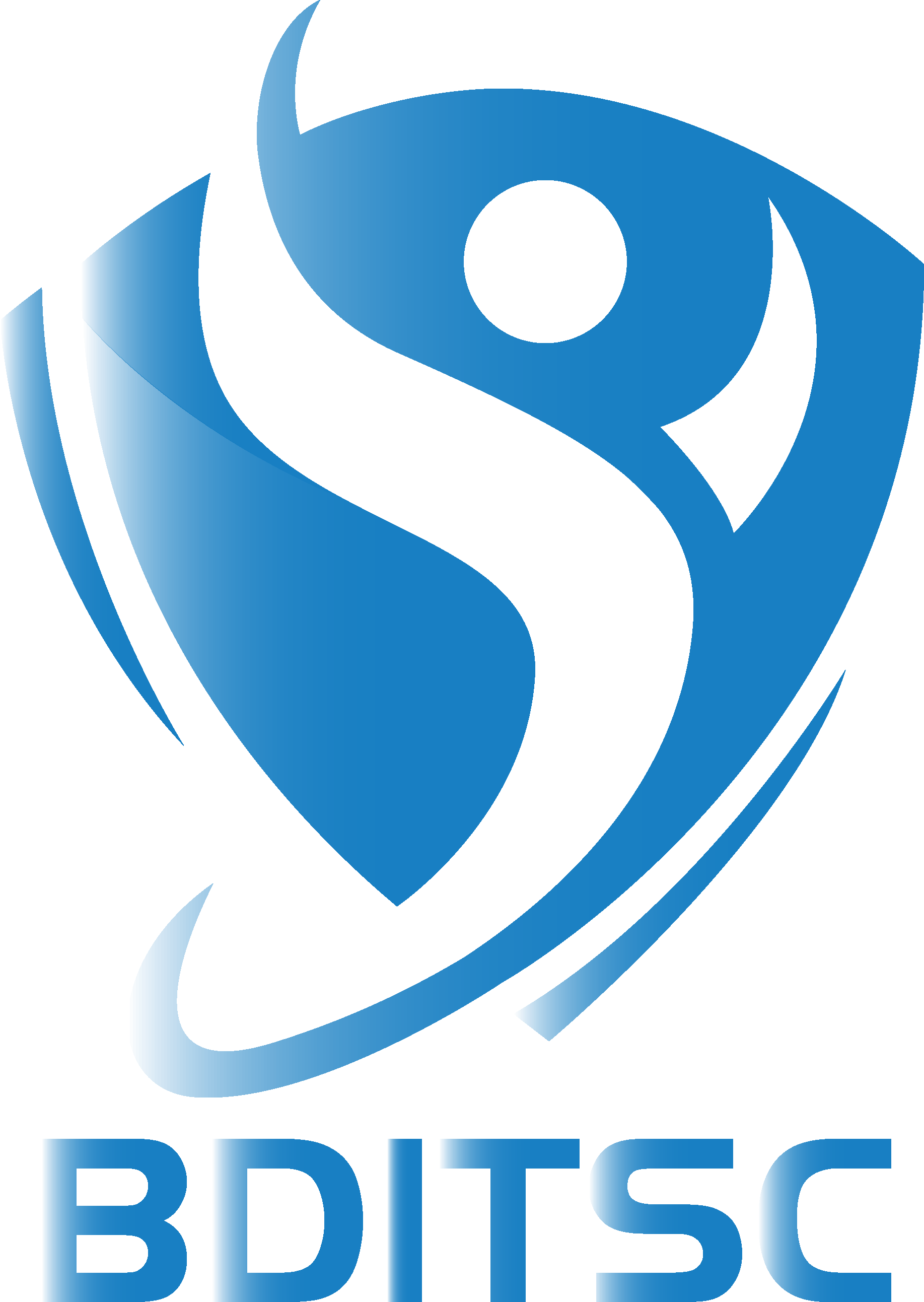
主讲嘉宾
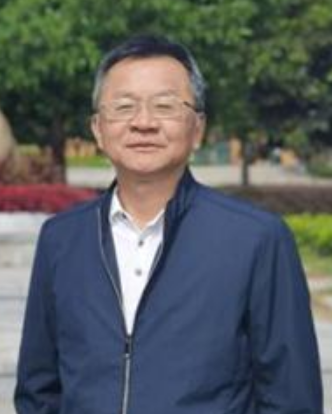
Prof. Junlong Chen (IEEE Fellow)
South China University of Technology, China
Experience: Dr. C. L. Philip Chen is Distinguished Chair Professor of South China University of Technology, Ph.D. Supervisor, Dean of the School of Computer Science and Engineering; Dean of the college, tenured professor of the University of Texas School of Engineering, vice dean of the School of Engineering and director of the Department of Electrical and Computer Engineering. Professor Chen is an IEEE Fellow, AAAS Fellow, IAPR Fellow of the American Association for the Advancement of Science, Fellow of the Hong Kong Institution of Engineers, Fellow and Executive Director of the Chinese Society of Automation.
Prof. Chen is currently the editor-in-chief of IEEE Transactions on Cybernetics, and was the editor-in-chief of IEEE Transactions on Systems, Man, and Cybernetics: Systems (2014-2019). Professor Chen served as the International President of the Society (President, 2012-2013), and served as the Chairman of the Review Committee, Executive Director and Distinguished Speaker of the IEEE Fellow of the IEEE SMC Society.
Professor Chen has published more than 500 papers in important international academic journals, including more than 400 SCI articles (more than 300 in IEEE Transactions), which have been cited more than 17,000 times in Web of Science, and more than 30,000 times in Google Scholar. In 2016, he received the Outstanding Electrical and Computer Engineering Award from his alma mater, Purdue University. In 2018, he won the IEEE Norbert Wiener Award, the highest academic award of IEEE system human-machine cybernetics. In 2018, 2019 and 2020, he was selected as a Clarivate Global Highly Cited Scientist for three consecutive years.
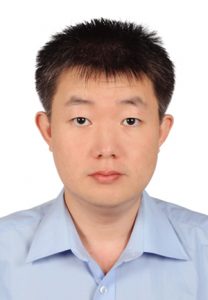
Prof. Bin Cao
Hebei University of Technology, China
Experience: Dr. Cao Bin, professor, doctoral supervisor, winner of Hebei Provincial Science Fund for Distinguished Young Scholars, received bachelor's, master's and doctoral degrees from Jilin University, post-doctoral fellowship of Tsinghua University, Hebei University of Technology "Yuanguang Scholar", selected as the third Three three talent project. Long-term research on neural evolution and sensors. He has proposed a variety of parallel large-scale multi-objective neural network evolution strategies; proposed a variety of new neuromorphic algorithms.
Served as editorial board, chair and program committee member of several academic journals and academic conferences. Serves as the chairman of the conference and organizes academic conferences in the field of artificial intelligence. He is a member of the Standing Committee of the Youth Working Committee of the Chinese Artificial Intelligence Society, a director of the Tianjin Artificial Intelligence Society, and a CCF Communication Ambassador. He has presided over a number of national scientific research projects in the field of sensors.
In the past five years, as the first author, he has published many papers in TOP journals in the first district of the Chinese Academy of Sciences (including many ESI highly cited papers and hot papers). Published 7 papers in Category A journals ranked first in the fields of "Intelligent Perception and Autonomous Control" and "Comprehensive Intersection" in the "Catalogue of Academic Journals Recommended by the Chinese Society of Automation". He has published and accepted many papers in CCF A-category international and domestic journals. Obtained the certificate of outstanding reviewer of many well-known SCI journals; has been invited to give keynote speeches at academic conferences many times.
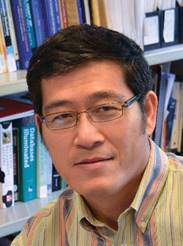
Prof. Haibin Zhu (IEEE Senior Member)
Nipissing University, Canada
Experience: Dr. Haibin Zhu is a Full Professor and the coordinator of the Computer Science Program, Founding Director of Collaborative Systems Laboratory, member of Arts and Science Executive Committee, Nipissing University, Canada. He received B.S. degree in computer engineering from Institute of Engineering and Technology, China (1983), and M.S. (1988) and Ph.D. (1997) degrees in computer science from the National University of Defense Technology (NUDT), China.
His research interests include Collaboration Theory, Technologies, Systems, and Applications (Role-Based Collaboration and Adaptive Collaboration), Human-Machine Systems, CSCW (Computer-Supported Cooperative Work), Multi-Agent Systems, Software Engineering, and Distributed Intelligent Systems. He has published 160+ research papers, five books and four book chapters. He is a senior member of IEEE and served as organization chairs for many IEEE conferences. He has been an active organizer for the annual IEEE Int’l Conf. on SMC since 2003, as Area Co-Chair, Social Media Co-Chair, Web Co-Chair, Poster Co-Chair, Session Chair, and Special Session Organizer. He also served as PC members for 60+ academic conferences. He is a founding researcher of Role-Based Collaboration and Adaptive Collaboration.
He is the receipt of the chancellor’s award for excellence in research (2011) and two research achievement awards from Nipissing University (2006-2007, 2012-2013), the IBM Eclipse Innovation Grant Awards(2004, 2005), the Best Paper Award from the 11th ISPE Int’l Conf. on Concurrent Engineering (ISPE/CE2004), the Educator’s Fellowship of OOPSLA’03, a 2nd class National Award for Education Achievement(1997), and three 1st Class Ministerial Research Achievement Awards from China (1997, 1994, and 1991).
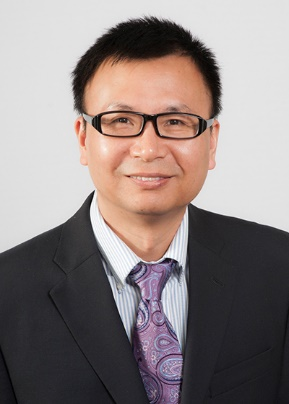
Assoc. Prof. Chaoyang Chen
Wayne State University, USA
Experience: Dr. Chen received MD degree from Fujian Medical University, China in 1987 and completed orthopaedic residency training and orthopedic graduate education (PhD) in Peking University Health Science Center, China in 1990. He practiced orthopaedic surgery in Fujian Medical University and conducted orthopedic biomechanical research from 1990 to1994. He was selected as an International Fellow by the International Society for the Study of Lumbar Spine (ISSLS) in 1994. He won a Postdoctoral Fellowship Award from Arthritis Foundation and completed postdoctoral training at the Bioengineering Center, Wayne State University in 1998. Currently he is an Associate Professor and Director of Robotic Rehabilitation Lab at the Department of Biomedical Engineering, Wayne State University, Detroit, Michigan, USA. He is also a Research Scientist and Director for Research at the Orthopaedic Surgery and Sports Medicine, Detroit Medical Center.
His research interests include neurophysiology, orthopaedic biomechanics, robotic rehabilitation engineering, sports medicine injury prevention and performance enhancement, artificial intelligence and machine learning applications in robotics and orthopaedics, nerve tissue injury tolerance, ultrasonic surgical cutting device safety evaluation, EMG and EMG signal AI processing for motion pattern recognition, EEG and/or EMG signal controlled robotic exoskeleton, prototype development of human limb robotic exoskeleton, implantable electrodes for neural interface (BCI and PNI), vehicle human interface for drowsy driving monitoring, driver comfort enhancement and muscle fatigue prevention. His research has won awards from prestigious Orthopedic Research Society, Car Crash Conferences, and International Conference of Computation and Pattern Recognition with more than 99 articles published in journals.
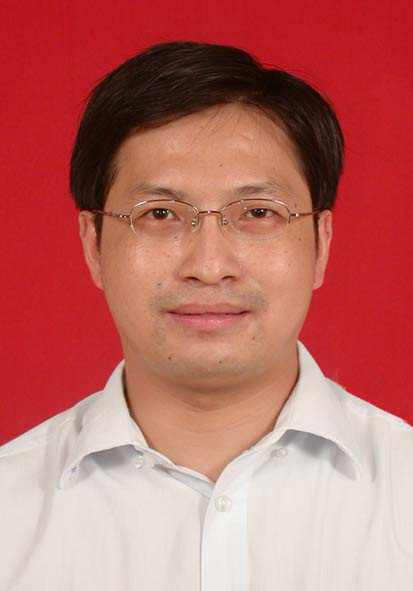
Prof. Zhonghua Li (IEEE Member)
Sun Yat-Sen University, China
Experience: Dr. Li Zhonghua, Ph.D., associate professor, master's supervisor, senior engineer of electronic technology in Guangdong Province, member of IEEE, and former deputy director of the National Supercomputing Guangzhou Center. In 2005, he graduated from South China University of Technology, majoring in control theory and control engineering, and obtained a doctor's degree in engineering. His research interests include the Internet of Things (IoT), edge computing (EC), artificial intelligence (AI), and big data (BD) applications.
In 2005, he joined Sun Yat sen University and successively served as a full-time teacher in the School of Information Science and Technology, the School of Data Science and Computer Science, the School of Electronics and Information Engineering, and the School of Intelligent Engineering, giving lectures on "Principles and Interface Technologies of Single Chip Computers", "Computer Composition and System Architecture", "Microcomputer Principles and Embedded Systems", "Program Design and Experiment", "Intelligent Control and Computational Intelligence" Automatic Control Principle and postgraduate courses Intelligent Control and Computational Intelligence, Intelligent Internet of Things Technology and Application, Modern Control Technology Frontier, etc. He is currently a Faculty Member with the School of Intelligent Systems Engineering, Sun Yat-sen University (SYSU), China.
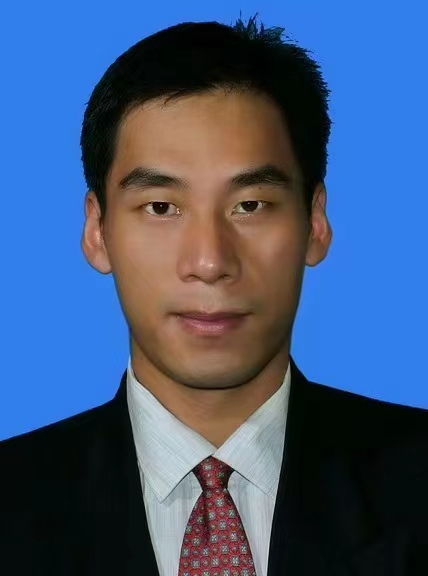
Assoc. Prof. Yuping Jiao
Guangdong University of Foreign Studies, China
Experience: Dr. Jiao Yuping, Master, Associate Professor, Visiting Scholar at Arizona State University, National Level Judge for Tennis, Volleyball, Track and Field. In 2004, he graduated from Guangzhou Institute of Physical Education, majoring in physical education and training, and obtained a master's degree in education. Since 2004, he has been teaching in the Sports Department of Guangdong University of Foreign Studies, teaching the undergraduate courses "Tennis", "Volleyball" and "Golf". Mainly engaged in the research of physical education and training, focusing on the application of modern information technology in physical education practice, produced "tennis", "golf" series of micro-courses and "volleyball technology CAI courseware", and many times at the national and provincial level Awarded in the micro-teaching competition and multimedia courseware competition.
Presided over 1 planning project of the Ministry of Education; 1 project of the State Sports General Administration; 1 education reform project of the Guangdong Provincial Department of Education; 1 innovation project of the Guangdong Provincial Department of Education; 2 projects of the Guangdong Provincial Sports Bureau; He has published more than 30 papers as the first author in domestic and foreign academic journals such as "Journal of Chengdu Institute of Physical Education", "Journal of Shenyang Institute of Physical Education", edited and published 1 textbook, and participated in editing 4 textbooks.